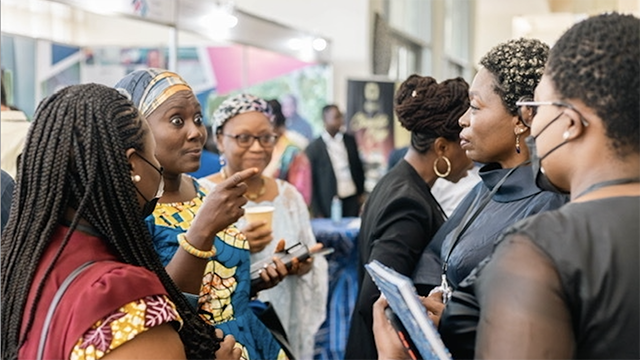
King Abdullah bin Abdulaziz of Saudi Arabia died last Friday at the age of 90 and was succeeded by King Salman bin Abdulaziz, 79, and Crown Prince Muqrin bin Abdulaziz, 69. His last political act — facilitating a truce between Egypt and Qatar, where the latter accepted the rule of the Sisi military regime — put the final nail in the coffin of the turbulent Arab Spring. Two transitions were long awaited in the Kingdom: one subsequently occurred and the other is yet to materialize.

The remarkable marker for the first transition in the Arabian absolute monarchy was the selection of Prince Mohamad bin Nayef, the capable Minister of Interior, who frequents the US regularly in state White House visits and who is known as “MBN” in the West and security circles. MBN, who is in his mid fifties, was named next in line as a second heir apparent, thereby moving forward the deadlock from the first generation of the sons of the founder, Ibn Saud (1876-1953), to the second generation. This was indeed an important and needed generational transition for the stability and continuity of the Saudi people, where those below age 29 account for two-thirds of the population.
But there is another deeply needed transition in Arabia that is yet to happen: it has to do with predictability. I am not referring to oil prices, unemployment, religion, sectarianism, border security, or terrorism. I am talking about the rule of law.
We are celebrating the 800th anniversary of the Magna Carta — the symbolic social contract between a king and his subjects. There is much to learn from the occasion but also the spirit of celebration itself. Predictability comes from the human security that the law offers to women and men equally, not the security of guns and soldiers.
It is important to highlight that this particular discussion is often framed in such a way as to highlight the difference between the Islamic world and the West. However, the Islamic world has a long constitutional history — jurists and scholars in the Islamic world over the centuries have approached the challenging questions about how to organize society in a just and equitable manner; how to prevent the concentration of power and how to protect fundamental freedoms and rights.
The Medina Constitution from 1,436 years ago, like the Magna Carta, addressed similar core themes. There are even (unexpected) parallels between early Islamic political thought and the writings of John Locke or even the US Declaration of Independence. In the jurisprudential doctrine of Siyyasah Shar’iyyah, the Islamic scholar Ibn Taymiyya (1263-1328) and many others framed their theory of government on the rule of law, relying on the following verse of the Qura’an:
“God commands that you render back the trusts to those, to whom they are due; and that when you rule among people, you rule with justice.” An-Nissa: 58.
Islamic political thought has never existed in an intellectual vacuum and Islamic political scholars have always been influenced by what has been happening around them and around the world. The Al-Sauds are the custodians of the Holy Sites and by extension Islam. Today, more than ever, Saudis, Arabs, and Muslims need that Islamic leadership from Saudi Arabia. Equally if not more importantly, with devastating occurrences in the name of Islam such as ISIS, the events in Paris, or the Japanese hostages, the world needs a true demonstration of Islamic championship.
King Salman understands generational aspirations and has the statesmanship capacity. I have personally experienced this as a lawyer first hand. What we all need now, more than ever, is for Saudi to lead by example.
Professor Malik Dahlan is principal at the Institution Quraysh for Law & Policy. He is currently visiting at the University of Cambridge Lauterpacht Centre for International Law. The opinions expressed in this piece are those of the author and may not necessarily represent the view of the Aspen Institute.

